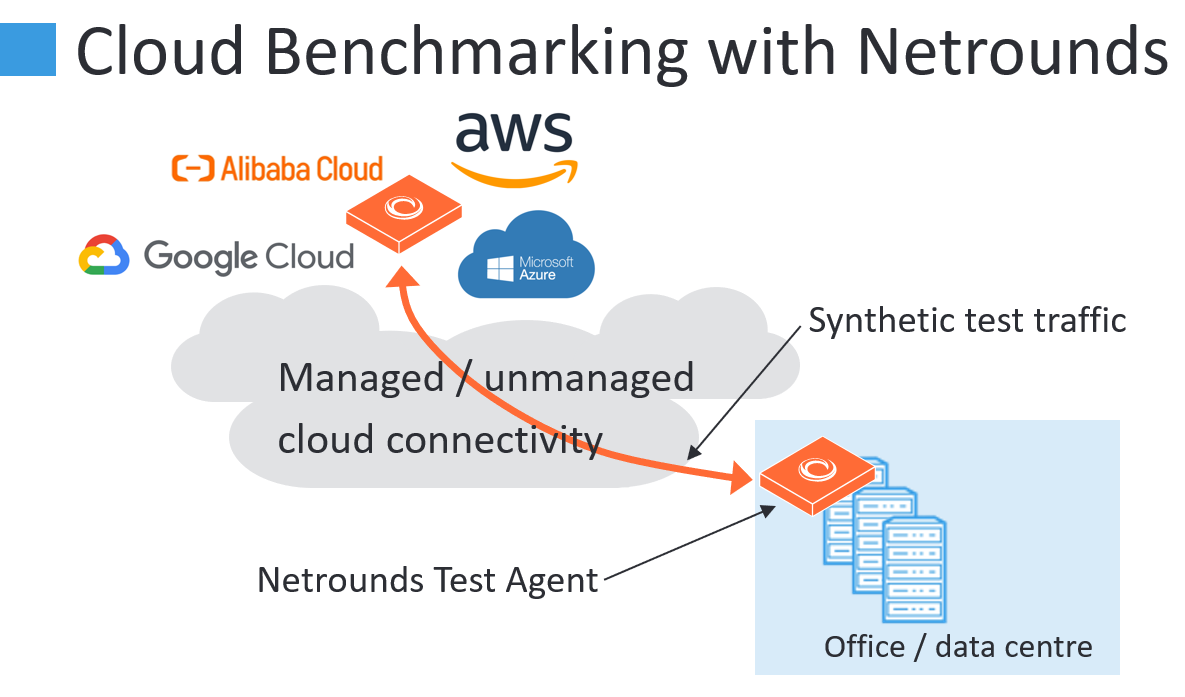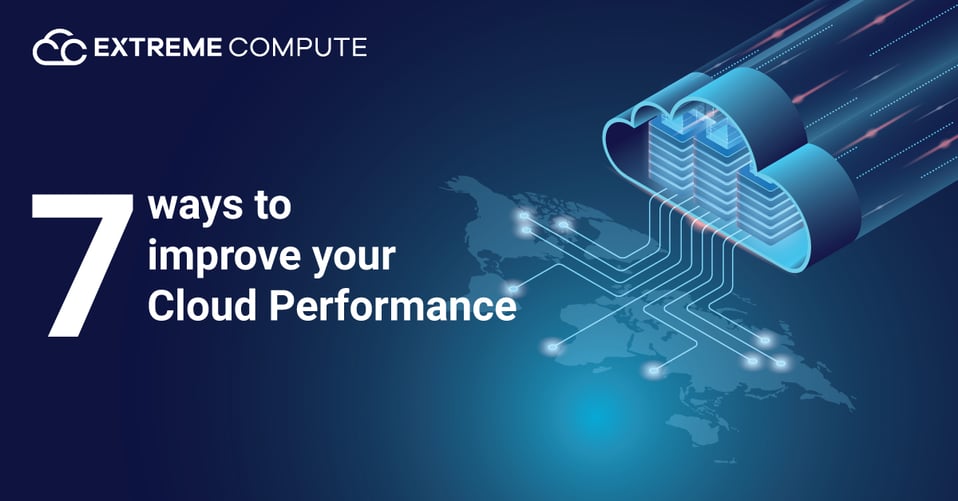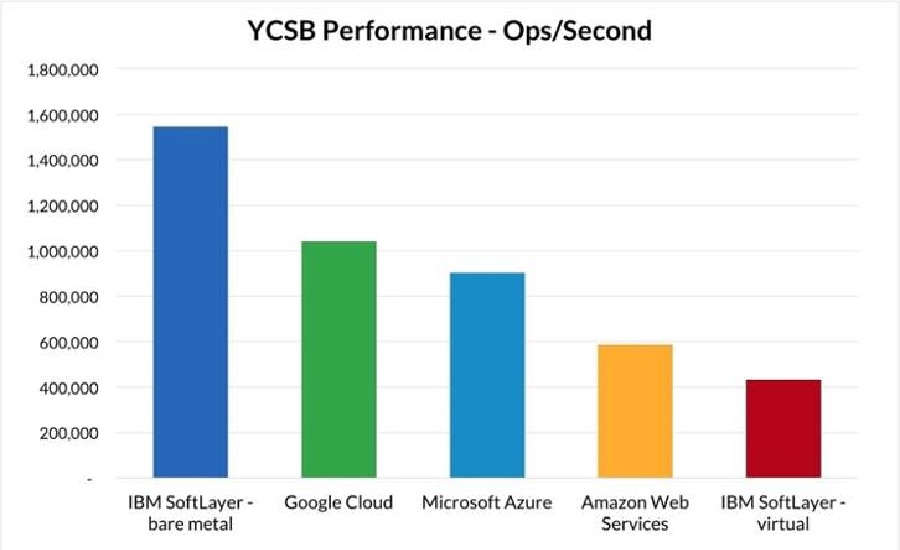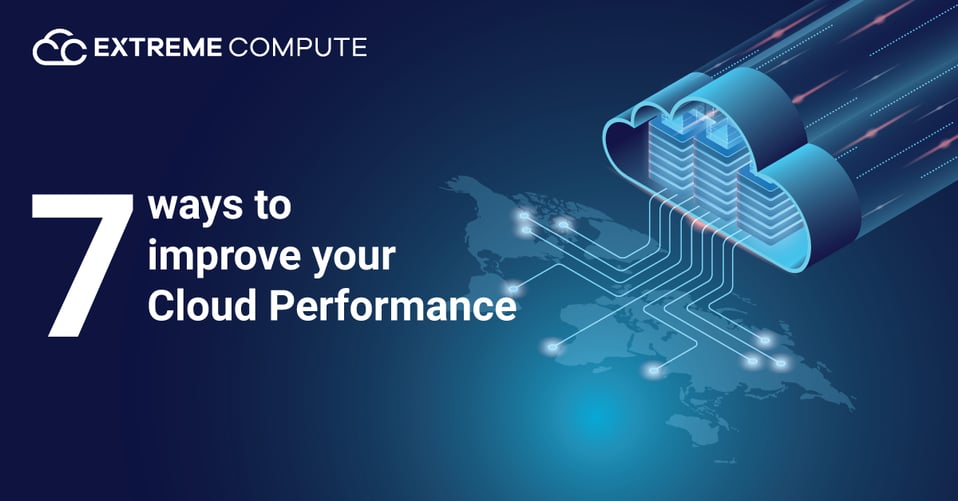Are you looking to optimize your cloud performance but overwhelmed by the plethora of benchmarks and tools available? In this Ultimate Guide to Cloud Performance Benchmarks, we will delve into the different types of benchmarks, explore the various tools for running benchmarks, and provide best practices to enhance your cloud performance. Understanding cloud performance benchmarks is crucial for making informed decisions when selecting cloud providers and services. Whether you are a beginner or a seasoned professional in the cloud industry, this guide will equip you with the knowledge and tools necessary to elevate your cloud performance to the next level.

Deep Dive into Cloud Performance Benchmarks
Cloud performance benchmarks serve as a standardized yardstick for evaluating and contrasting the efficiencies of various cloud providers and services. By offering a common ground for assessment, businesses can effectively gauge the suitability of different providers based on their individual requirements. These benchmarks not only aid in decision-making but also enable organizations to monitor performance trends over time, pinpoint bottlenecks, and strategize enhancements for optimal cloud utilization and operation.

Exploring the Types of Cloud Performance Benchmarks
In the realm of cloud performance benchmarks, various types play a pivotal role in assessing different aspects of cloud infrastructure. Compute benchmarks are fundamental, scrutinizing the efficiency of CPUs, memory, and storage within cloud environments. Network benchmarks, on the other hand, focus on evaluating the speed and reliability of cloud networking services, encompassing factors like bandwidth, latency, and packet loss. Application benchmarks delve into the performance evaluation of cloud-hosted applications, such as web servers, databases, and enterprise software, providing insights into their responsiveness and scalability in the cloud environment. Understanding these diverse benchmark types empowers organizations to optimize and fine-tune their cloud performance effectively.

Selecting the Ideal Cloud Performance Benchmarks
Factors to Consider
Choosing the right cloud performance benchmarks hinges on several critical factors. Firstly, understanding the distinct needs of your business is paramount. Consider whether your applications require high computing power, storage efficiency, or network speed for optimal performance.
Additionally, the type of cloud service you utilize influences benchmark selection. Different cloud providers offer varying services tailored to specific workloads, necessitating benchmarks aligned with these services for accurate assessments.
Moreover, the scale of your cloud deployment plays a pivotal role in benchmark selection. Large-scale deployments may benefit from comprehensive benchmarks that stress test infrastructure capabilities, while smaller deployments may require more focused benchmarks.
Lastly, your budget allocation for benchmarking activities is crucial. Balancing the cost of benchmarking tools or services with the value derived from performance improvements is essential in maximizing the efficiency of your cloud investments.

Mastering the Tools: Running Cloud Performance Benchmarks
When it comes to running cloud performance benchmarks, a variety of tools and techniques can streamline the process. Among the most popular tools are CloudPerf, known for its scalability; LoadRunner, favored for its comprehensive testing capabilities; and JMeter, a versatile tool for load testing. Selecting the right tool based on your specific performance testing needs is key to obtaining accurate and actionable benchmark results.

Understanding and Interpreting Cloud Performance Benchmark Results
Interpreting cloud performance benchmarks is crucial post-evaluation. After running tests, decoding the results is fundamental in optimizing cloud performance. Despite the complexity, numerous resources exist to aid in result comprehension, such as documentation and online forums. Additionally, consulting with a cloud performance specialist can provide invaluable insights and recommendations for enhancing performance based on the benchmark results.

Leveraging Cloud Performance Benchmarks for Enhanced Performance
Cloud performance benchmarks serve as powerful tools to pinpoint weaknesses within your cloud setup, guiding enhancements. By adjusting configurations based on benchmark data, substantial performance boosts can be achieved. Three fundamental methods to elevate cloud performance involve optimizing infrastructure, employing caching strategies, and scaling resources prudently. These strategies, informed by benchmark insights, can revolutionize your cloud performance landscape.
